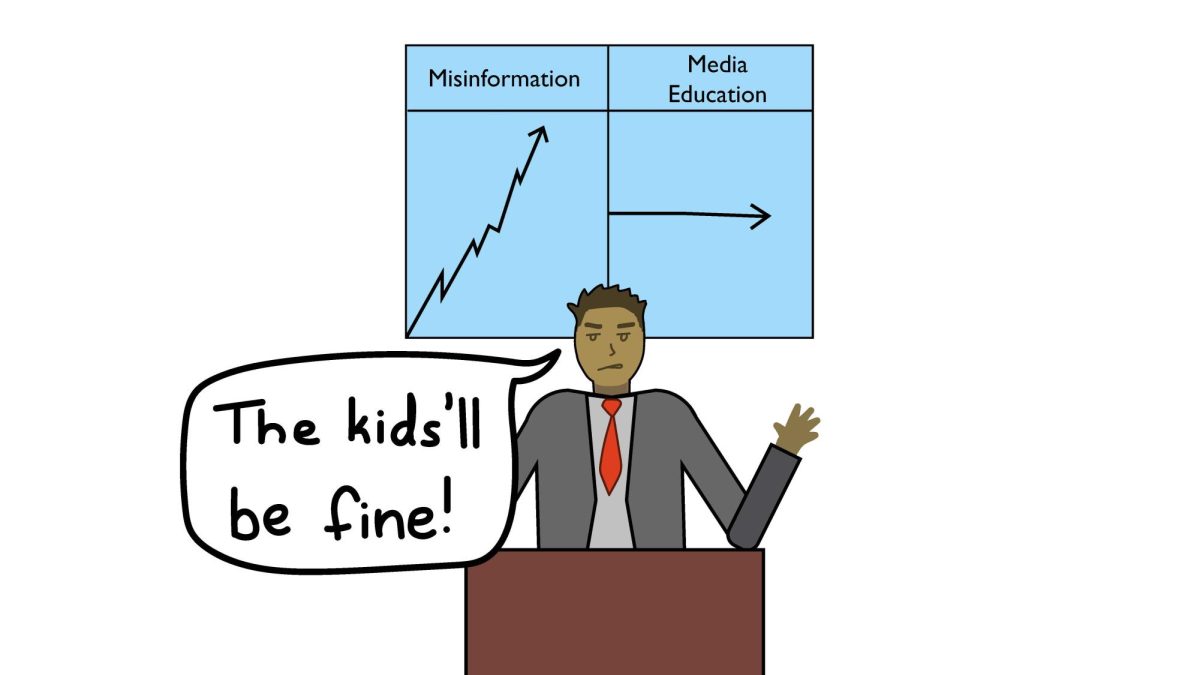The United States has long played a central role in the Israel-Gaza conflict, with recent events further highlighting its immense influence. Since Hamas’ Oct. 7, 2023 attack on Israel, the U.S. has sent $19.3 billion worth of military aid to Israel — specifically, $14.1 billion for military operations, $4 billion for air defense and $1.2 billion for the Iron Beam defense system, according to the Associated Press. American military presence in the Middle East has also intensified, increasing the number of deployed personnel from 34,000 to about 43,000, supported by more than a dozen warships and four land-based aircraft squadrons. The U.S. has long justified its military support to Israel on the basis of strategic and security interests, making Israel the largest recipient of American military aid since Israel’s founding in 1948; adjusted for inflation, the U.S. has sent a total of $310 billion in assistance to Israel. While the intention has often been to secure a democratic ally in a volatile region, the sheer magnitude of military support carries too high of a financial and diplomatic cost. Furthermore, the U.S.’s actions often contradict its stated commitments to human rights and international law, undermining its standing in the international community. Thus, the scale and nature of U.S. involvement brings into question the appropriateness, effectiveness and consequences of such an overwhelming presence. It is increasingly clear that the U.S. must reconsider its militaristic approach to the Israel-Gaza conflict.
Instead of exacerbating hostilities with billion-dollar arms transfers and troop deployments, the U.S. should focus on facilitating diplomacy between Israel and Gaza and providing humanitarian aid. Given its position as a global superpower and peacekeeper, reducing military involvement would signal a genuine commitment to promote peace. With the world’s most powerful military and largest economy, the U.S. wields unparalleled influence in global affairs. This influence comes with the responsibility to act as a fair and just mediator. Reducing military involvement and respecting international law and the principles outlined in the United Nations Charter would signal a genuine commitment to promote peace.
American involvement in the region has historically revolved around a dual strategy of military support for Israel and diplomatic advocacy for a two-state solution — a framework that envisions Israeli and Palestinian states coexisting independently — which President Joe Biden reaffirmed support for during his March 2024 State of the Union address. However, a history of failed negotiations and persistent violence has left many Palestinians disillusioned about a potential two-state solution. A poll conducted in June by the Palestinian Center for Policy and Survey Research showed 54% of those surveyed in the West Bank and Gaza Strip support armed struggle, a stark reflection of their skepticism toward the possibility of a diplomatic resolution.
While the U.S. has advocated for the two-state solution since the founding of Israel, its provision of military aid to Israel has undermined its credibility as an impartial mediator. Rather than continuing to pursue a framework that appears increasingly unattainable, the U.S. should instead focus on ensuring equal rights and security for both Palestinians and Israelis. This approach emphasizes fundamental human rights and shared principles, leaving the precise political solution to be determined at a later date under much more peaceful terms.
Accordingly, shifting towards diplomatic mediation and humanitarian support aligns more closely with international norms. The U.S. should prioritize the delivery of medical supplies, food and infrastructural aid to address the immediate humanitarian crisis in Gaza. By taking a less militant stance, the U.S. can more effectively deescalate the conflict.
However, a balanced approach requires that the U.S. also leverages its current militaristic involvement to encourage both sides toward a resolution. By controlling military aid with respect for human rights and adherence to international law, the U.S. can pressure both sides to find a middle ground. The Biden administration has already suspended the delivery of 2,000-pound bombs to Israel to protest military operations in the Palestinian city of Rafah. If necessary to reach an agreement, Biden could threaten to withhold additional weaponry deemed unessential to Israel’s security. In fact, this strategy has been employed regularly; according to Foreign Affairs, every U.S. president since Lyndon Johnson — besides Clinton and Trump — has threatened to withhold, or has actually withheld, weaponry or other aid to influence Israeli policy. The U.S. could also apply diplomatic pressure, such as allowing resolutions critical of Israel to pass at the United Nations or even voting in favor of them. Historically, the U.S. has used its veto power in the United Nations Security Council to protect Israel; of the 83 times the U.S. has used its veto, 42 were used against resolutions condemning Israel. However, in June, the U.S. sponsored a U.N. resolution calling on both Israel and Hamas to end the war. Although the resolution has had little effect, such measures would signal a genuine commitment to peace and accountability, which may lead to further resolutions in the near future.
Ultimately, the Israel-Gaza conflict has highlighted the urgent need for a reevaluation of U.S. foreign policy in the Middle East. America’s role as a global leader must also reflect its values of human rights, democracy and peacebuilding. Shifting away from a militaristic approach would reduce tensions between Israeli and Palestinian forces while aligning U.S. foreign policy with the principles it adopts on the world stage. Therefore, prioritizing diplomatic engagement and humanitarian support over military aid offers a more sustainable path to peace. Only through such efforts can the U.S. contribute to a just and lasting peace that respects the human rights of all parties involved.










